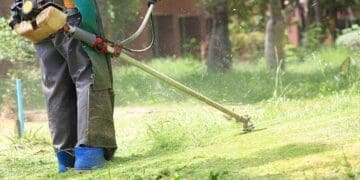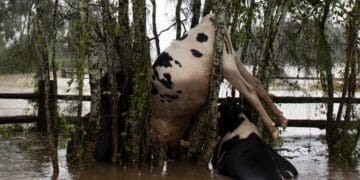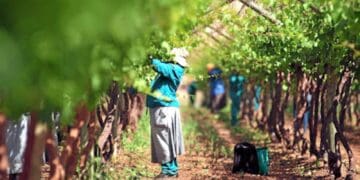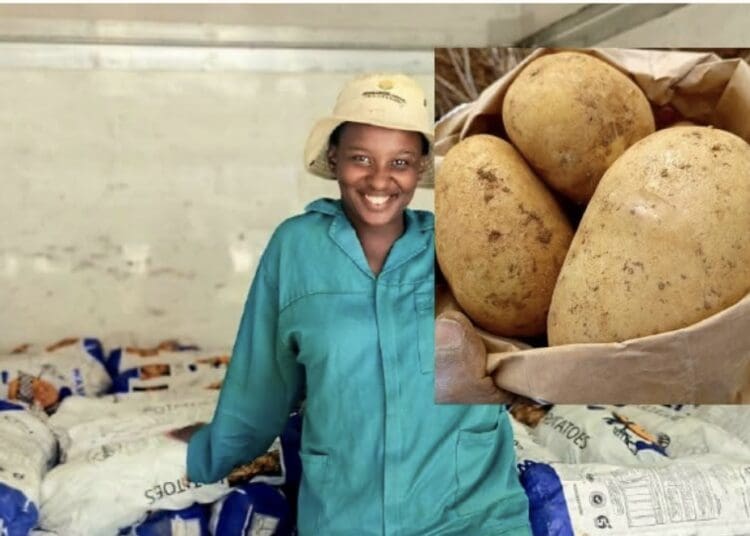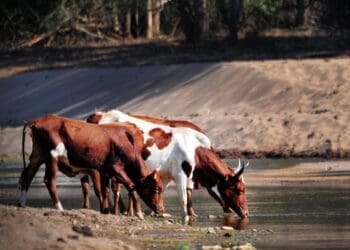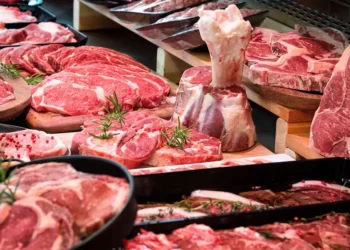South Africa’s small-scale crop farmers are finding it harder to succeed as changing weather patterns, poor access to infrastructure and high input costs put pressure on their operations.
However, young Eastern Cape farmer Nosipho Vuthela is proving that resilience and good management can keep a business afloat.
Vuthela, who farms under the Gedlumhlanga Youth Co-operative in Mount Fletcher, said she has experienced both floods and droughts, sometimes within the same season.
“There was a time when heavy rain nearly destroyed our crop,” she told Vutivi News. “We had to act fast and apply urea to top dress the potatoes; otherwise, we would have lost the whole field.”
Despite the setbacks, the 29-year-old farmer has managed to grow her potato enterprise from one old tractor to a thriving operation supplying wholesalers and retailers across the Eastern Cape and KwaZulu-Natal.
She started farming professionally in 2019 after completing her diploma in agriculture at the Fort Cox Agriculture and Forestry Training Institute in Middledrift in the Eastern Cape.
“We started small, but we’ve grown considerably. Today, we farm potatoes on 20 hectares and harvest up to 42 tons per hectare,” she said.
The cooperative uses high quality seed from Potato SA and practices crop rotation, organic fertilisation using chicken manure and natural pest control methods to maintain healthy soils and improve production.
Agricultural advisor for crop production, Herbert Mantsi Ratsikane, said farmers like Vuthela were doing well despite difficult environmental conditions.
“Potatoes are sensitive to temperature and drought. When there is too much heat, you get deformities. When there’s too little water, the crop suffers badly,” he said.
Ratsikane said small-scale farmers needed more support to access proper soil testing, irrigation and climate information, but the most important factor was how they managed the land and resources.
“You can have the best seed, but if the management is poor, the yield will be poor too,” he explained.”
He added that in some areas where potato trials were recently conducted such as Nokaneng, Maphotla and Marapyane in Mpumalanga, local demand for potatoes was strong.
The plan now was to expand planting in August and bring in stakeholders such as Potato SA and the Department of Agriculture to support more farmers.
For Vuthela, growing the business means more than just profits. The Gedlumhlanga Youth Co-operative currently employs 23 seasonal workers and has helped send family members to school to study agribusiness and agricultural IT.
“We want to grow into agro-processing and logistics, maybe even exports one day,” she said.
But challenges remain. The cooperative still sells unwashed potatoes and has no storage facilities, which limits their ability to negotiate better prices and access bigger markets.
“We need cleaning and packaging equipment. If we can get that, our income will grow,” Vuthela said. “But even with what we have, we’ve come very far.”
Ratsikane believes the government and the private sector must play a stronger role in identifying and supporting farmers with potential.
“We have the land, the climate and the people,” he said. “If we manage our natural resources well and give young farmers the tools they need, crop production will thrive.”
As Vuthela looks ahead, she remains focused on sustainability and community development. She continues to mentor new farmers and encourages them to start with what they have.
“Farming is tough, especially when the weather is against you,” she said. “But if you stay positive and keep learning, you will survive. That’s how we’ve managed to win, even when everything else was working against us.”
basetsana@vutivibusiness.co.za





